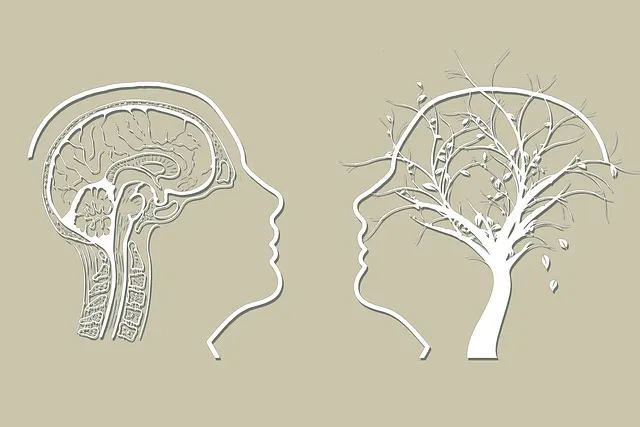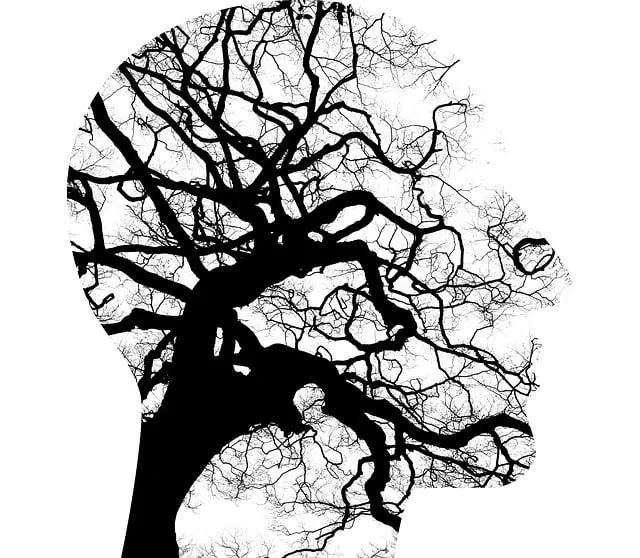Longmont Kaiser Permanente behavioral health services prioritize cultural competency, recognizing its critical role in delivering patient-centered care. By understanding and respecting diverse cultural beliefs, they avoid misdiagnosis and inadequate treatment, common issues arising from lack of awareness. Through Public Awareness Campaigns, Conflict Resolution Techniques, and Burnout Prevention Strategies, the services enhance ethical practice and improve overall care quality. Their specialized mental health care tailored to diverse communities, combined with innovative training programs, strengthens bonds between providers and communities, overcoming systemic barriers like language issues and cultural taboos. Evaluating success involves multifaceted measures, including behavioral changes, improved patient outcomes, and skill implementation, ensuring continuous refinement and relevance in addressing community needs.
In today’s diverse healthcare landscape, cultural competency is no longer a luxury but an essential tool for delivering quality patient care. This article explores this critical aspect within the context of Longmont Kaiser Permanente behavioral health services, highlighting its role in promoting cultural awareness among healthcare providers. We delve into identifying barriers faced by diverse patient populations and effective training strategies to equip providers with the necessary tools. Additionally, we discuss measuring success through the evaluation of cultural competency programs’ impact.
- Understanding Cultural Competency in Healthcare: A Necessity for Quality Patient Care
- The Role of Longmont Kaiser Permanente Behavioral Health Services in Promoting Cultural Awareness
- Identifying Barriers: Challenges Faced by Diverse Patient Populations
- Training Strategies: Equipping Healthcare Providers with the Right Tools
- Measuring Success: Evaluating the Impact of Cultural Competency Programs
Understanding Cultural Competency in Healthcare: A Necessity for Quality Patient Care

Cultural competency is a critical aspect of healthcare that involves understanding and respecting diverse cultural beliefs, values, and practices among patients. In a multicultural society like ours, healthcare providers at Longmont Kaiser Permanente behavioral health services must be equipped to deliver patient-centered care that bridges cultural gaps. This ensures not only ethical practice but also enhances the overall quality of care.
A lack of cultural competency can lead to misunderstandings, miscommunications, and even disparities in treatment outcomes. For instance, patients from different ethnic or cultural backgrounds may express pain or distress in unique ways influenced by their cultural norms. If healthcare providers are unaware of these nuances, they risk misdiagnosing or inadequately treating patients. Public Awareness Campaigns Development, Conflict Resolution Techniques, and Burnout Prevention Strategies for Healthcare Providers can all benefit from a foundational understanding of cultural competency, fostering inclusive care environments that prioritize patient well-being.
The Role of Longmont Kaiser Permanente Behavioral Health Services in Promoting Cultural Awareness

Longmont Kaiser Permanente Behavioral Health Services plays a pivotal role in promoting cultural awareness within the healthcare sector. With a strong commitment to mental health awareness, they offer specialized services tailored to diverse communities. The team at Longmont Kaiser Permanente is dedicated to providing not just crisis intervention guidance but also comprehensive mood management strategies that consider the unique cultural backgrounds of patients.
Through innovative training programs, they equip healthcare providers with the necessary tools to navigate complex cultural nuances. By fostering mental health awareness and understanding, these services ensure that patients receive empathetic care that respects their individual cultural identities. This approach not only enhances patient outcomes but also strengthens the bond between healthcare providers and communities they serve.
Identifying Barriers: Challenges Faced by Diverse Patient Populations

Diverse patient populations present unique challenges for healthcare providers, highlighting the need for cultural competency training. Longmont Kaiser Permanente behavioral health services recognize that effective care requires understanding and addressing barriers rooted in cultural differences. Many patients from varied backgrounds face social determinants of health issues, such as language barriers, limited access to resources, and cultural taboos surrounding mental health discussions. These factors can significantly impact their willingness to seek help or trust healthcare systems.
For instance, a patient’s experience with stigma related to emotional well-being promotion techniques might differ across cultures, influencing how openly they share personal struggles. This calls for tailored approaches in stress management workshops organized by the organization, ensuring inclusivity and sensitivity to diverse needs. Mental health policy analysis and advocacy play a crucial role in understanding these challenges at a systemic level, leading to more comprehensive solutions that address cultural barriers and improve outcomes for all patients.
Training Strategies: Equipping Healthcare Providers with the Right Tools

Effective cultural competency training for healthcare providers involves a multifaceted approach that equips them with the right tools to cater to a diverse patient population. Longmont Kaiser Permanente behavioral health services, for instance, emphasize the importance of understanding and respecting different cultural beliefs and practices related to mental health. This includes teaching providers about the impact of culture on mental health expressions and treatments, as well as strategies for effective communication and engagement.
The training should encompass various interactive methods such as role-playing scenarios, case studies, and group discussions to enhance learning. A key component is fostering empathy by exposing providers to firsthand accounts and experiences from patients representing diverse backgrounds. Moreover, integrating evidence-based practices tailored to specific cultural contexts can help reduce risks associated with mental health conditions, including anxiety relief techniques, which are crucial elements of a comprehensive risk assessment for mental health professionals.
Measuring Success: Evaluating the Impact of Cultural Competency Programs

Evaluating the success of cultural competency programs is a vital step in ensuring their effectiveness and long-term impact. At Longmont Kaiser Permanente behavioral health services, this process involves a multi-faceted approach to measure not just knowledge gain but also behavioral changes and improved patient outcomes. Assessments can include pre- and post-training surveys to gauge participants’ perceptions of cultural competency, with specific questions related to their understanding of diverse cultures, implicit biases, and confidence in providing care across different populations.
Additionally, Longmont Kaiser Permanente tracks the implementation of learned skills through case studies and quality improvement initiatives. For instance, improvements in emotional intelligence and trauma support services can be measured by patient satisfaction ratings, symptom reduction in mental health disorders (like mood management), and the successful integration of culturally tailored interventions. This holistic evaluation allows for continuous refinement of training programs, ensuring they remain relevant and impactful in addressing diverse community needs.
Cultural competency training is a game-changer in healthcare, especially within diverse communities like those served by Longmont Kaiser Permanente behavioral health services. By addressing barriers and implementing effective training strategies, healthcare providers can significantly enhance patient care and outcomes. Measuring the success of these programs is vital to ensure continuous improvement, fostering an environment where every patient feels understood and valued, ultimately revolutionizing healthcare accessibility for all.






